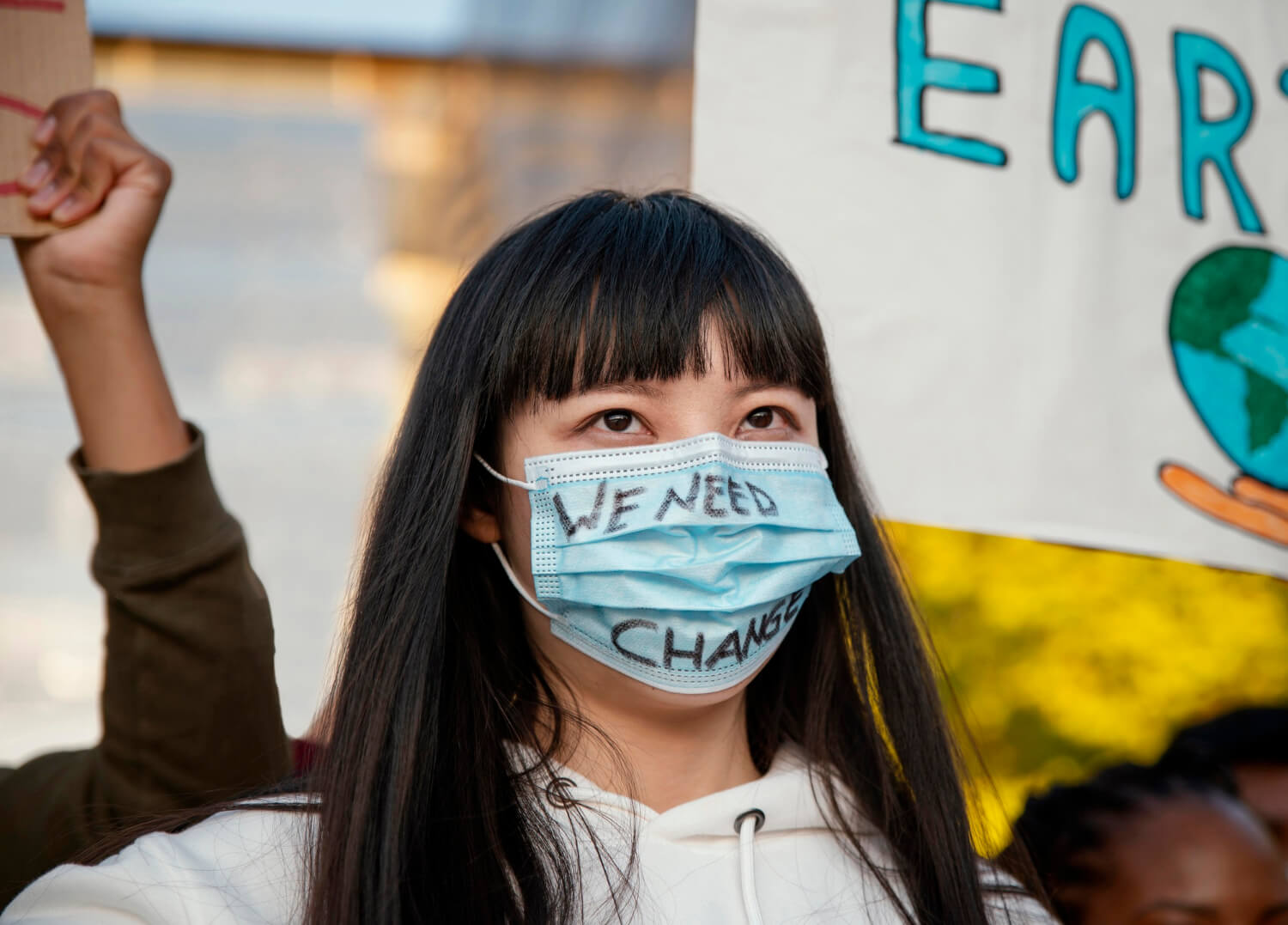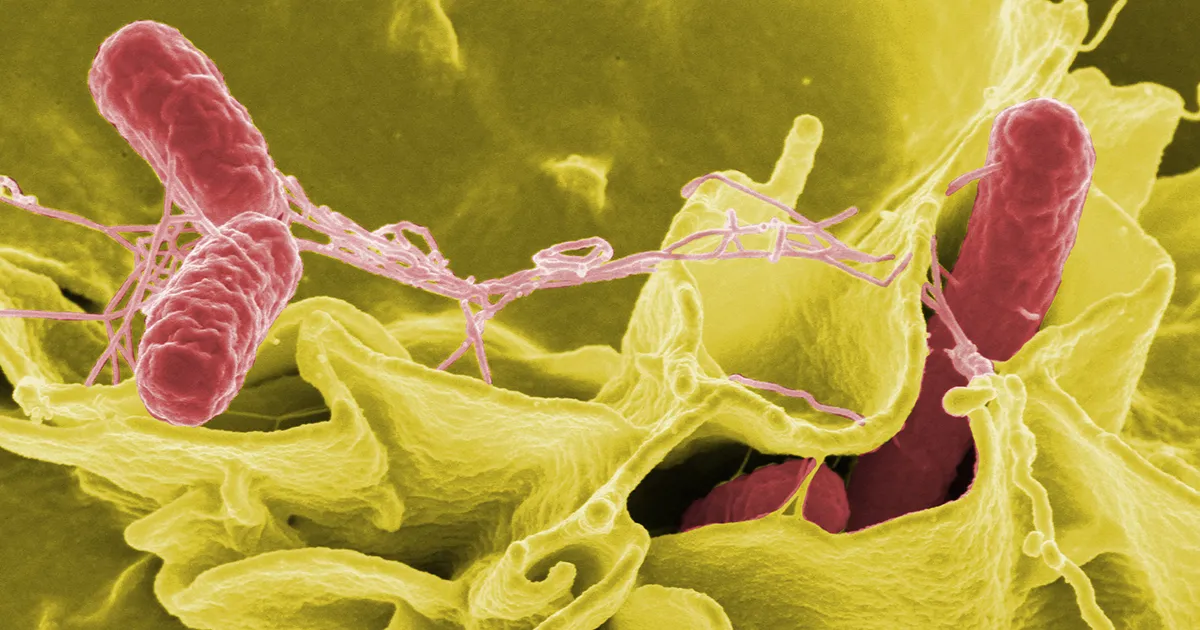
Direct Impacts of Climate Change on Health
Climate change directly impacts health in numerous ways, many of which are already visible. One of the most immediate and concerning effects is the rise in respiratory diseases. As temperatures increase, air quality worsens in many regions around the globe. Pollutants like ozone and fine particulate matter become more prevalent in warmer climates, exacerbating conditions such as asthma, chronic bronchitis, and other chronic respiratory diseases. This is particularly concerning for urban areas where air pollution is already a significant problem.
In addition to respiratory issues, climate change is also contributing to an increase in cardiovascular diseases. The human body is not well-equipped to handle extreme heat, which places significant stress on the cardiovascular system. During heatwaves, hospitals often see a spike in patients suffering from heart attacks, strokes, and other cardiovascular complications. Vulnerable populations, such as the elderly, individuals with pre-existing health conditions, and those without access to air conditioning, are particularly at risk. Studies have shown that heatwaves are correlated with a notable increase in cardiovascular mortality, underscoring the need for proactive public health strategies.
Infectious diseases are another area where climate change is having a profound impact. As global temperatures rise, the habitats of disease vectors like mosquitoes and ticks expand, facilitating the spread of illnesses such as malaria, dengue fever, and Lyme disease. Changes in rainfall and temperature patterns create ideal breeding conditions for these vectors, increasing the risk of outbreaks in regions that were previously unaffected. This not only places a significant burden on public health systems but also threatens to reverse decades of progress in controlling these diseases.
Indirect Impacts of Climate Change on Health
Beyond the direct health impacts, climate change also affects public health indirectly, in ways that are no less significant. Food security is one of the most pressing concerns. As extreme weather events become more common, agricultural production is increasingly disrupted. Droughts, floods, and storms reduce crop yields, leading to food shortages and rising prices. This has a particularly severe impact on vulnerable populations, especially children, who are at increased risk of malnutrition. Malnutrition not only stunts growth and development but also weakens the immune system, making individuals more susceptible to other health problems.
Mental health is another area where the effects of climate change are becoming increasingly apparent. Natural disasters such as hurricanes, floods, and wildfires not only cause immediate physical damage but also leave lasting psychological scars. The trauma of losing homes, livelihoods, and loved ones can lead to chronic stress, anxiety, and depression. Moreover, the uncertainty about the future, driven by the constant threat of further environmental catastrophes, contributes to a growing mental health crisis. Communities that are repeatedly affected by these events often experience a sense of hopelessness and despair, further exacerbating mental health issues.
Social inequality is intrinsically linked to the health impacts of climate change. Low-income populations and marginalized communities are often the most affected, as they have fewer resources to adapt to changing conditions. These groups are more likely to live in areas that are vulnerable to extreme weather events, such as floodplains or areas with poor air quality. Additionally, they often have limited access to healthcare and other essential services, making it harder for them to cope with the health impacts of climate change. This exacerbates existing health disparities and increases the overall burden on public health systems.

Case Studies and Scientific Evidence
Case studies from around the world provide a clear and compelling picture of the impacts of climate change on public health. One of the most cited examples is the European heatwave of 2003, which resulted in an estimated 70,000 deaths across the continent. This tragic event highlighted the urgent need for effective early warning systems, public awareness campaigns, and adaptation strategies to protect public health during extreme weather events. The lessons learned from this disaster have been used to improve response strategies in many countries, but the threat remains as heatwaves become more frequent and severe.
Recent research continues to shed light on the health impacts of climate change. A study published in “The Lancet” highlighted the growing problem of global malnutrition due to climate change. The study found that changes in rainfall patterns and extreme temperatures are reducing agricultural productivity in many regions, exacerbating food insecurity. This is particularly concerning for countries that are already struggling with high levels of malnutrition and food scarcity. The study calls for urgent action to address these challenges, including investment in climate-resilient agriculture and improved food distribution systems.
Global Responses and Public Policies
In response to these growing threats, governments and international organizations are beginning to take action. The Paris Agreement, signed by nearly every country in the world, represents a global effort to limit the increase in global temperatures and mitigate the effects of climate change. However, the implementation of effective policies remains a challenge in many countries, particularly in the face of political and economic pressures. Despite these challenges, there are positive signs that progress is being made. Many countries are investing in renewable energy, improving energy efficiency, and developing climate adaptation strategies to protect vulnerable populations.
Mitigation and adaptation programs are essential to reducing the health impacts of climate change. This includes building resilient infrastructure that can withstand extreme weather events, strengthening public health systems to respond to climate-related health issues, and promoting sustainable agricultural practices to ensure food security. Additionally, public education and awareness are crucial to fostering a collective response to this crisis. By informing the public about the health risks associated with climate change and encouraging individual and community-level actions, we can build a more resilient society that is better equipped to cope with the challenges ahead.
Conclusion
Climate change poses a growing and multifaceted threat to public health worldwide. The direct impacts, such as the rise in respiratory and cardiovascular diseases, combined with indirect effects like food insecurity, mental health challenges, and social inequality, create a scenario that demands urgent attention. It is imperative that actions are taken immediately to mitigate these impacts and protect the health of populations around the globe.
Understanding the scope of the problem and taking decisive action is essential for addressing this crisis. Governments, international organizations, and individuals must work together to implement effective policies, promote sustainable practices, and strengthen public health systems. The health of future generations depends on our ability to respond adequately to the challenges posed by climate change. Stay informed, get involved, and advocate for a healthier, more sustainable future.





